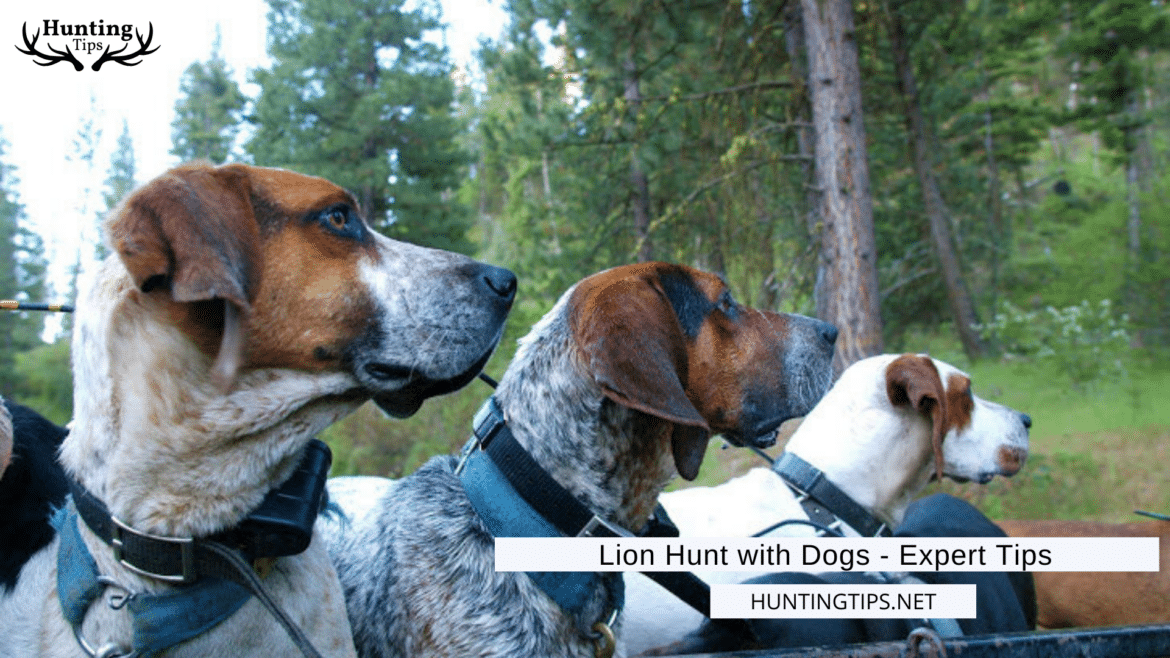Understanding the Role of Dogs in Lion Hunting
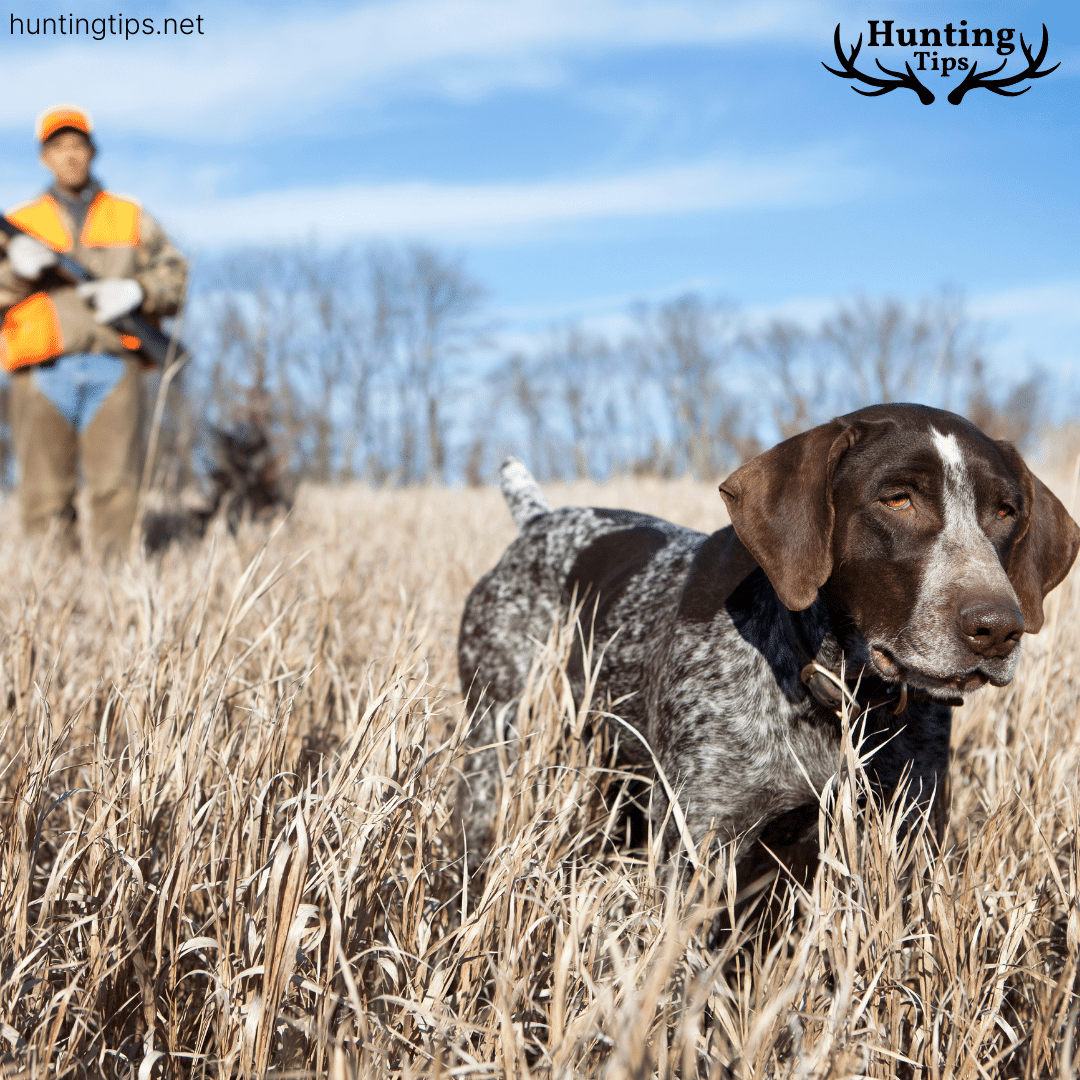
To effectively use dogs in lion hunting, understanding their role is crucial. Dogs play an indispensable role in lion hunting by tracking and treeing the lion. Their heightened senses allow them to follow faint scents and navigate challenging terrains. The relationship between hunter and dog is key, as trust and training significantly impact the outcome of the hunt.
- Breed Selection: Choose breeds known for endurance and intelligence, such as Blackmouth Curs, Plotts, or Walker Hounds.
- Training: Start training dogs early, focusing on tracking, obedience, and endurance. Simulated hunts can help acclimate dogs to real-life scenarios.
- Health and Fitness: Ensure your dogs are in peak physical condition, as lion hunts are demanding and often last several hours.
Preparing for the Hunt
Preparation is the foundation of a successful and safe lion hunt. Thorough preparation ensures you and your dogs are equipped for the challenges ahead. From gear to scouting, attention to detail can make or break the experience.
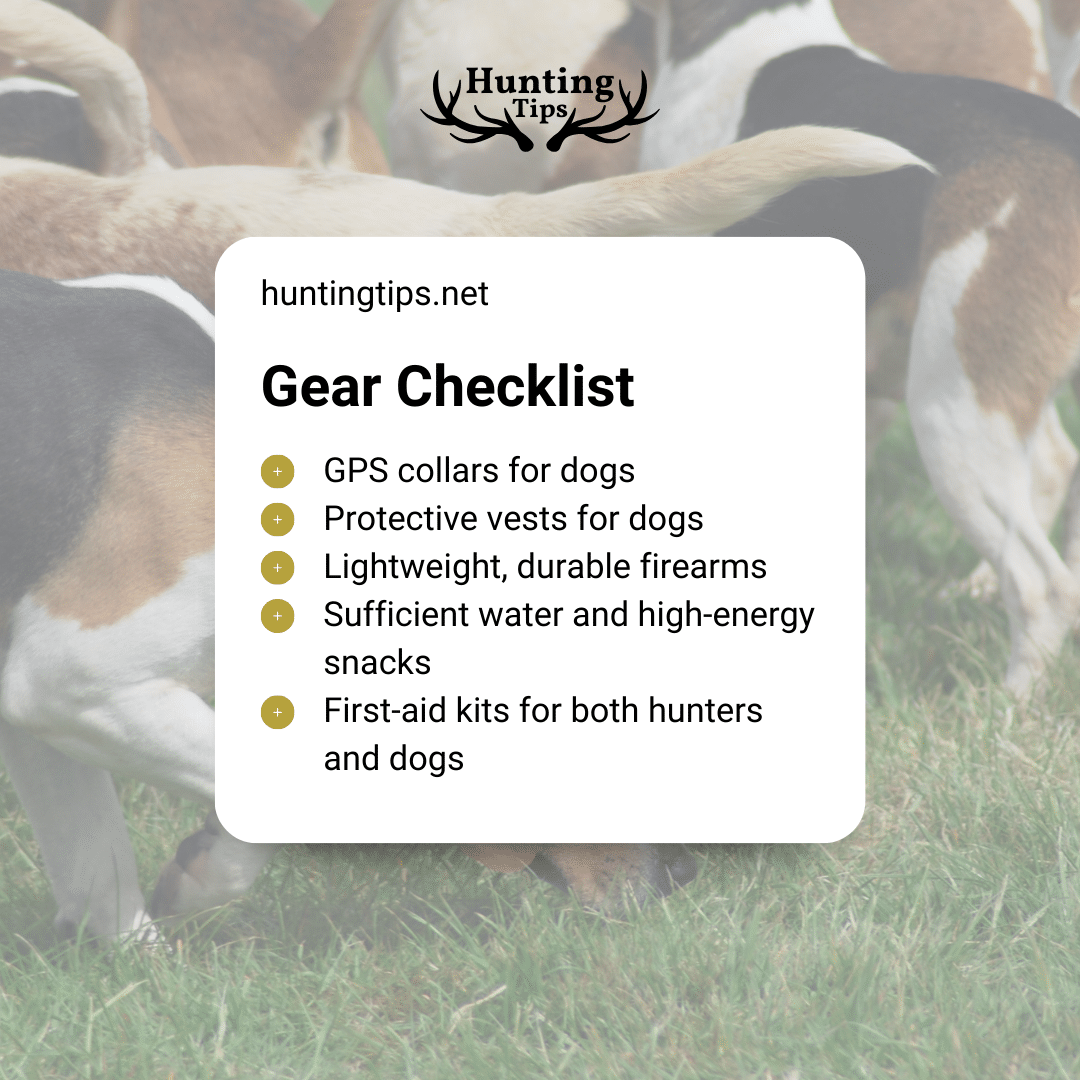
Gear Checklist
- GPS collars for dogs
- Protective vests for dogs
- Lightweight, durable firearms
- Sufficient water and high-energy snacks
- First-aid kits for both hunters and dogs
Scouting the Area
- Research the terrain and lion activity in your chosen hunting zone. Trail cameras and local guides can provide valuable insights.
Fitness Regimen
- Both you and your dogs must be physically prepared for rugged terrains and long pursuits.
Safety Considerations for You and Your Dogs
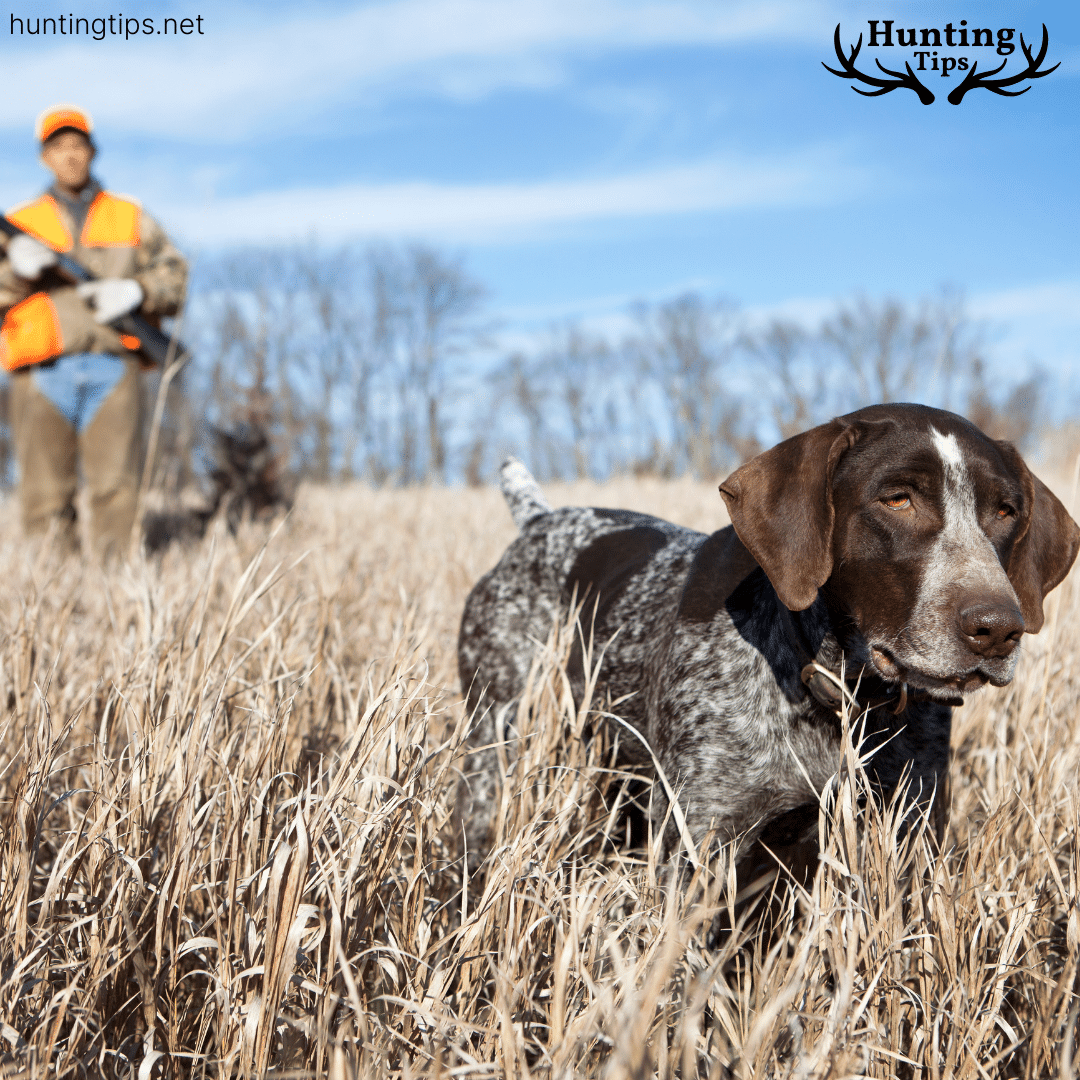
Prioritizing safety ensures a successful hunt without unnecessary risks. Lion hunting can be dangerous, especially when working with unpredictable wildlife and rough environments. These safety measures will help you stay prepared.
- Dog Safety: Equip your dogs with protective gear to shield them from injuries during confrontations. Monitor their energy levels and hydration throughout the hunt.
- Hunter Safety: Always hunt with a partner or a guide who knows the area well. Carry communication devices in case of emergencies.
- Emergency Plans: Be prepared for potential injuries or encounters with other wildlife. Knowledge of basic first-aid is essential.
Techniques for Successful Lion Hunts
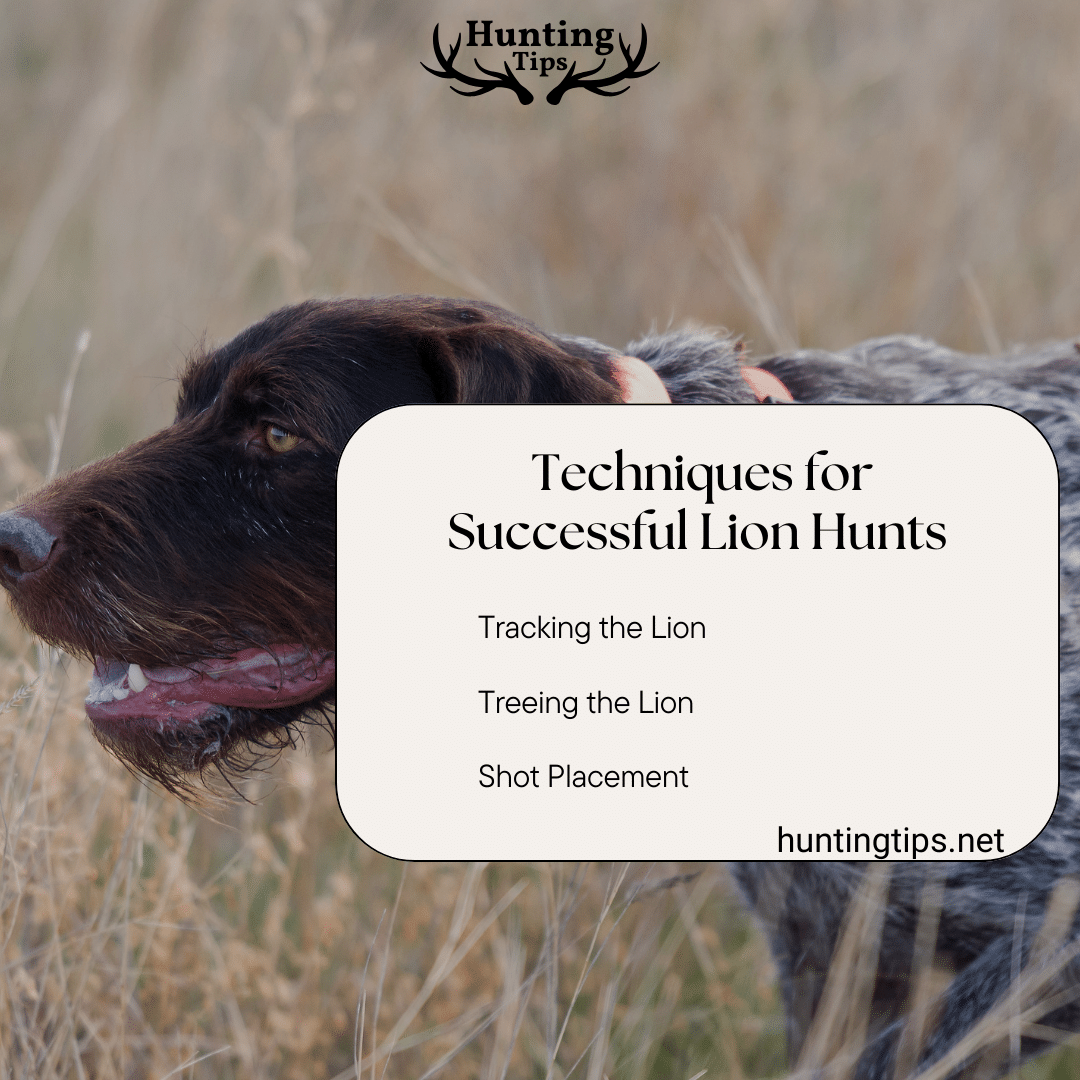
With preparation in place, mastering specific techniques will improve your hunting effectiveness. Understanding the strategies for lion hunting ensures better control and success in the field. From tracking to the final pursuit, each step requires precision.
- Tracking the Lion: Dogs typically follow scent trails to locate the lion. Stay alert to their behavior, as changes often signal proximity to the target.
- Treeing the Lion: Once the lion is treed by the dogs, assess the situation calmly. Avoid rushing to ensure safety and accuracy.
- Shot Placement: Ethical hunting practices demand a clean shot to minimize suffering. Take your time to aim precisely.
Ethical Hunting Practices
Upholding ethics in lion hunting preserves the tradition and ensures sustainability. Ethical practices are fundamental to maintaining respect for the wildlife and environment. They also contribute to the positive perception of hunting in general.
- Respect the Law: Adhere to local hunting regulations, including permits and quotas.
- Selective Hunting: Target mature, non-breeding lions to avoid disrupting the population balance.
- Clean Environment: Leave no trace by removing waste and equipment from the hunting site.
Conclusion
Lion hunting with dogs is a challenging yet rewarding pursuit that requires preparation, skill, and respect for nature. By understanding the role of dogs, prioritizing safety, mastering techniques, and adhering to ethical practices, you can ensure a successful hunt. Remember that the journey, teamwork, and experiences shared with your dogs and fellow hunters are as valuable as the outcome itself. Embrace the adventure with responsibility and passion, creating memories that will last a lifetime.
Lion hunting is not for the faint of heart; it demands skill, strategy, and an unbreakable bond with your hunting companions, both human and canine. With the right approach, this centuries-old practice transforms into a masterful display of teamwork and respect for nature. In this guide, we’ll delve into expert tips to enhance your preparation, tactics, and gear selection while doing lion hunt with dogs. Let’s uncover how you and your loyal hounds can make every moment in the wild count. Ready to learn the secrets? Let’s begin!
Understanding the Role of Dogs in Lion Hunting

To effectively use dogs in lion hunting, understanding their role is crucial. Dogs play an indispensable role in lion hunting by tracking and treeing the lion. Their heightened senses allow them to follow faint scents and navigate challenging terrains. The relationship between hunter and dog is key, as trust and training significantly impact the outcome of the hunt.
- Breed Selection: Choose breeds known for endurance and intelligence, such as Blackmouth Curs, Plotts, or Walker Hounds.
- Training: Start training dogs early, focusing on tracking, obedience, and endurance. Simulated hunts can help acclimate dogs to real-life scenarios.
- Health and Fitness: Ensure your dogs are in peak physical condition, as lion hunts are demanding and often last several hours.
Preparing for the Hunt
Preparation is the foundation of a successful and safe lion hunt. Thorough preparation ensures you and your dogs are equipped for the challenges ahead. From gear to scouting, attention to detail can make or break the experience.

Gear Checklist
- GPS collars for dogs
- Protective vests for dogs
- Lightweight, durable firearms
- Sufficient water and high-energy snacks
- First-aid kits for both hunters and dogs
Scouting the Area
- Research the terrain and lion activity in your chosen hunting zone. Trail cameras and local guides can provide valuable insights.
Fitness Regimen
- Both you and your dogs must be physically prepared for rugged terrains and long pursuits.
Safety Considerations for You and Your Dogs

Prioritizing safety ensures a successful hunt without unnecessary risks. Lion hunting can be dangerous, especially when working with unpredictable wildlife and rough environments. These safety measures will help you stay prepared.
- Dog Safety: Equip your dogs with protective gear to shield them from injuries during confrontations. Monitor their energy levels and hydration throughout the hunt.
- Hunter Safety: Always hunt with a partner or a guide who knows the area well. Carry communication devices in case of emergencies.
- Emergency Plans: Be prepared for potential injuries or encounters with other wildlife. Knowledge of basic first-aid is essential.
Techniques for Successful Lion Hunts

With preparation in place, mastering specific techniques will improve your hunting effectiveness. Understanding the strategies for lion hunting ensures better control and success in the field. From tracking to the final pursuit, each step requires precision.
- Tracking the Lion: Dogs typically follow scent trails to locate the lion. Stay alert to their behavior, as changes often signal proximity to the target.
- Treeing the Lion: Once the lion is treed by the dogs, assess the situation calmly. Avoid rushing to ensure safety and accuracy.
- Shot Placement: Ethical hunting practices demand a clean shot to minimize suffering. Take your time to aim precisely.
Ethical Hunting Practices
Upholding ethics in lion hunting preserves the tradition and ensures sustainability. Ethical practices are fundamental to maintaining respect for the wildlife and environment. They also contribute to the positive perception of hunting in general.
- Respect the Law: Adhere to local hunting regulations, including permits and quotas.
- Selective Hunting: Target mature, non-breeding lions to avoid disrupting the population balance.
- Clean Environment: Leave no trace by removing waste and equipment from the hunting site.
Conclusion
Lion hunting with dogs is a challenging yet rewarding pursuit that requires preparation, skill, and respect for nature. By understanding the role of dogs, prioritizing safety, mastering techniques, and adhering to ethical practices, you can ensure a successful hunt. Remember that the journey, teamwork, and experiences shared with your dogs and fellow hunters are as valuable as the outcome itself. Embrace the adventure with responsibility and passion, creating memories that will last a lifetime.


